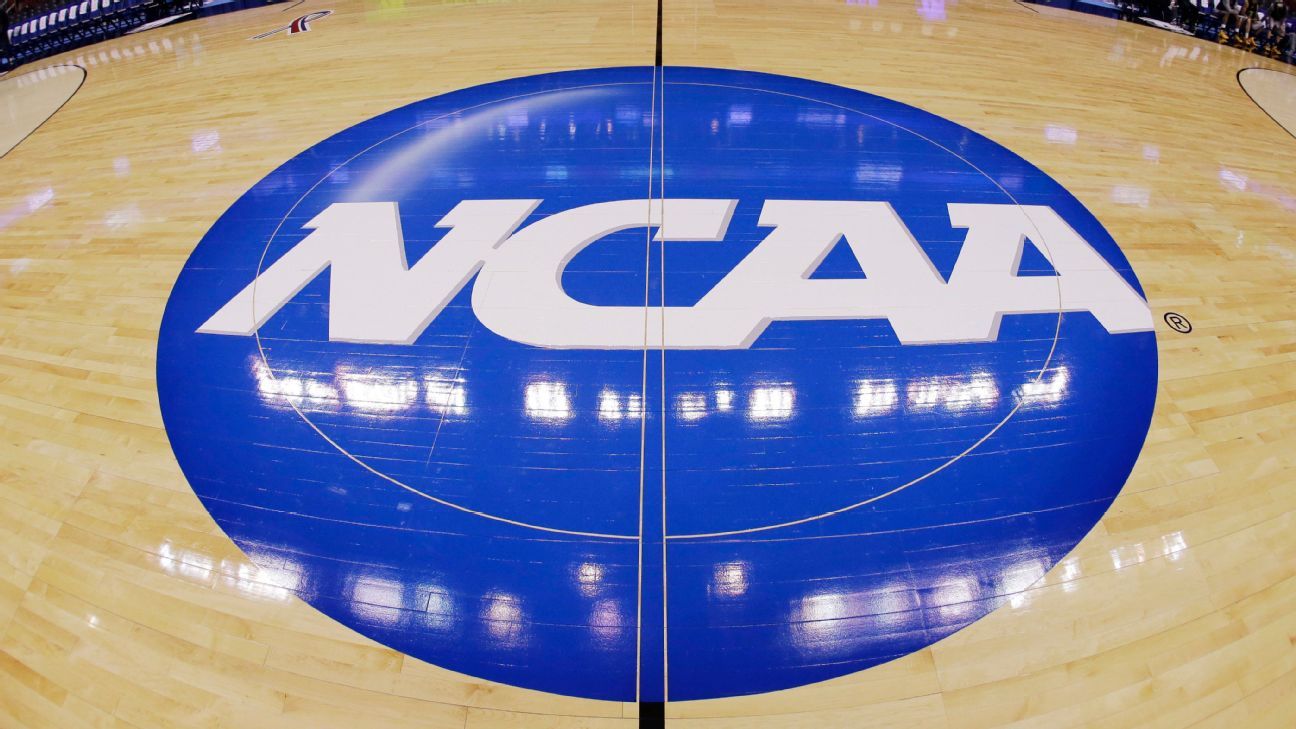
Supreme Court offers mixed response in NCAA compensation case
WASHINGTON — U.S. Supreme Court justices on Wednesday scrutinized the National Collegiate Athletic Association’s bid to maintain its limits on education-related compensation for student-athle…
By Reuters
WASHINGTON — U.S. Supreme Court justices on Wednesday scrutinized the National Collegiate Athletic Association’s bid to maintain its limits on education-related compensation for student-athletes – restrictions that a lower court deemed an anticompetitive business practice.
The nine justices heard about 90 minutes of oral arguments in an appeal by the NCAA, the major governing body for U.S. intercollegiate sports, of a lower court decision last year that found the organization’s rules to be anticompetitive under a federal law called the Sherman Antitrust Act.
Some of the justices appeared concerned that the NCAA could be using the cover of amateurism to fix labor prices at an artificially low level.
“The antitrust laws should not be a cover for exploitation of the student athletes,” Justice Brett Kavanaugh said.
But the justices also questioned the 2019 injunction issued by California-based U.S. District Judge Claudia Wilken allowing education-related compensation, wondering among other things if the judge had imposed arbitrary new rules and paved the way to a whole host of future challenges to other NCAA limits.
“I worry a lot about judges getting into the business of deciding how amateur sports should be run,” Justice Stephen Breyer said.
The case concerns non-cash payments related to education, including benefits such as computers, science equipment and musical instruments.
Although the case does not involve direct payments to athletes, the broader question of player compensation has increasingly become a point of contention. College sports, including the “March Madness” basketball tournament currently taking place, bring in billions of dollars in revenue but players remain tied to what critics call a fiction of amateurism.
The San Francisco-based 9th U.S. Circuit Court of Appeals last year rejected the NCAA’s argument that its limits on education-related compensation were needed to preserve the amateur character of college sports, and thus competition in the market between amateur and professional sports. The 9th Circuit did find that the NCAA could limit non-education-related compensation.
The case involves students who are players in the highest-level of college sports: NCAA Division I men’s and women’s basketball and those in the Football Bowl Subdivision. Football and basketball represent the major revenue-generating sports at the college level.
Joining the NCAA in defending the rules are major college sports conferences including all of the big-money so-called Power Five conferences: the Big Ten, Southeastern Conference, Atlantic Coast Conference, Big 12 Conference and Pac-12 Conference.
Lawsuits filed by college athletes in 2014 and 2015 were consolidated in a federal court in California. The players have argued that NCAA compensation limits represent a form of unlawful restraint of trade at a time when the leading intercollegiate conferences are bringing in billions of dollars in revenue.
Lawyers for the NCAA said in court papers that there is precedent allowing it to maintain a distinction between college and professional sports and that, in order to retain that distinction, athletes must be genuine students and not be paid. If education compensation is allowed, it is likely that colleges would use such payments as “vehicles for disguised pay-for-play,” the lawyers said.
Georgia, joined by eight other states, filed a brief backing the NCAA, saying that allowing the compensation would lead to some colleges having to increase fees or cut some sports. Eight other states and President Joe Biden’s administration back the players.
